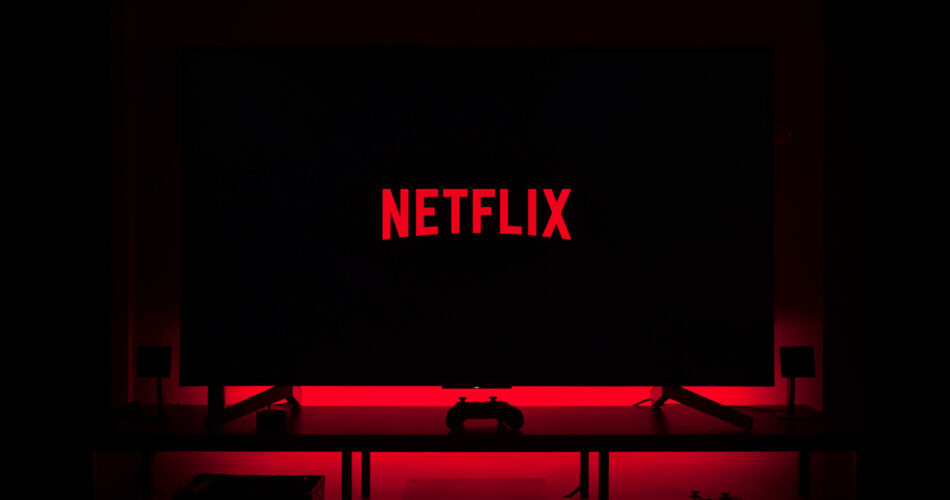The era of Netflix password sharing is coming to an end. Netflix intends to enforce password-sharing policies “more broadly” by the end of the first quarter of 2023, according to the company’s earnings report released today.
“While our terms of service limit Netflix use to a household, we recognize this is a change for members who share their account more widely,” Netflix writes. “As we roll out paid sharing, members in many countries will be able to pay an additional fee if they want to share Netflix with people they don’t live with.”
The company also announced that CEO Reed Hastings will step down after 25 years in charge and will be succeeded by Ted Sarandos, who had previously served as co-CEO, and Greg Peters, Netflix’s former chief operating officer. Hastings will not leave the company entirely, but will instead serve as executive chair.
Netflix says it expects some “cancel reaction” in each market when it launches password sharing, but that the long-term benefits of people paying for additional accounts will result in “improved overall revenue.” It doesn’t say anything about pricing or a specific date, but “later in Q1’23” suggests it could go into effect in April.
For months, the writing had been on the wall. The streaming service introduced the ability for users to easily transfer their profile in October, as a way for the service to encourage users to open their own account if they are currently sharing it with a friend or family member. Netflix has also released a new tool that allows you to remotely manage the devices associated with your account and log out unwanted friends or family members.
Netflix has already been testing various methods to combat password sharing in South America, prompting users in Chile, Costa Rica, and Peru to pay for an additional sub-account if the streamer detects that someone using the account lives outside their home. According to a May report from Rest of World, this anti-password-sharing test was not going well, with subscribers in Peru claiming that they were not formally notified about the policy and that levels of enforcement varied between users.
“Our job is to give them a little nudge and to create features that make transitioning to their own accounts easy and simple,” Peters said in response to a question about password sharing during the earnings call.
Separately, users in Argentina, El Salvador, Guatemala, Honduras, and the Dominican Republic can now purchase additional “homes” for anyone living outside of the subscriber’s primary household. A crackdown on password sharing is just one of the strategies Netflix is employing to appease investors as subscriber growth slows. In the fourth quarter of 2022, Netflix reported approximately 7.6 million new global subscribers. Although the figure exceeds analyst expectations, it represents a slight decrease from the 8.2 million subscribers added around the same time last year.
Glass Onion: A Knives Out Mystery, Wednesday, and Harry & Meghan are among the titles released by the company in recent months. In November, it also introduced a new ad-supported tier. According to subscription analytics firm Antenna, while Netflix says it is “pleased with the early results,” it may be struggling to take off.
The $6.99 Basic plan was Netflix’s least popular in November, accounting for only 9% of new Netflix subscribers in the United States. Simultaneously, Digiday reported that Netflix had returned some money to advertisers after failing to meet viewership targets. However, there are some signs of progress. According to Antenna data obtained by The Wall Street Journal in December, 15% of new subscribers signed up for the plan.
Netflix continues to face stiff competition from other streaming services as its subscriber numbers plateau and it seeks to capitalize on those it already has. Last year, Disney Plus launched an ad-supported tier and continues to entice subscribers to join a bundle with Hulu and ESPN Plus. Meanwhile, HBO Max had a record-breaking premiere of House of the Dragon last year, followed closely by its debut of The Last of Us, which drew 4.7 million viewers in a single night. It appears that 2023 will be a less exciting year for Netflix as it continues to limit content spending to $17 billion — a cutback that is reflected in this year’s lean film lineup.

